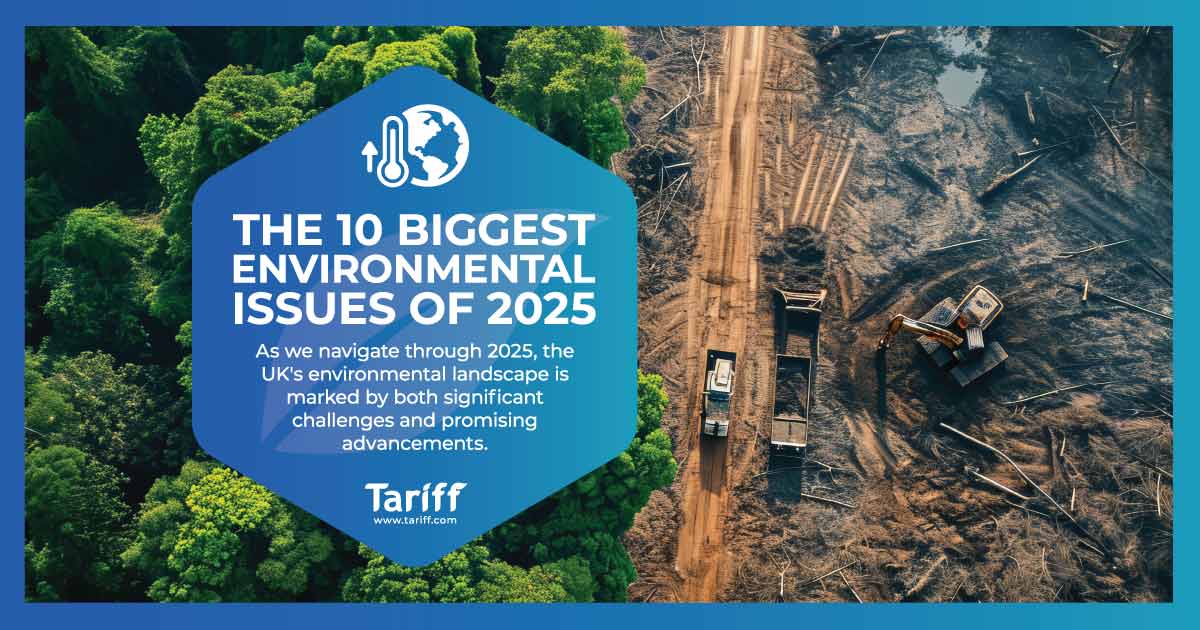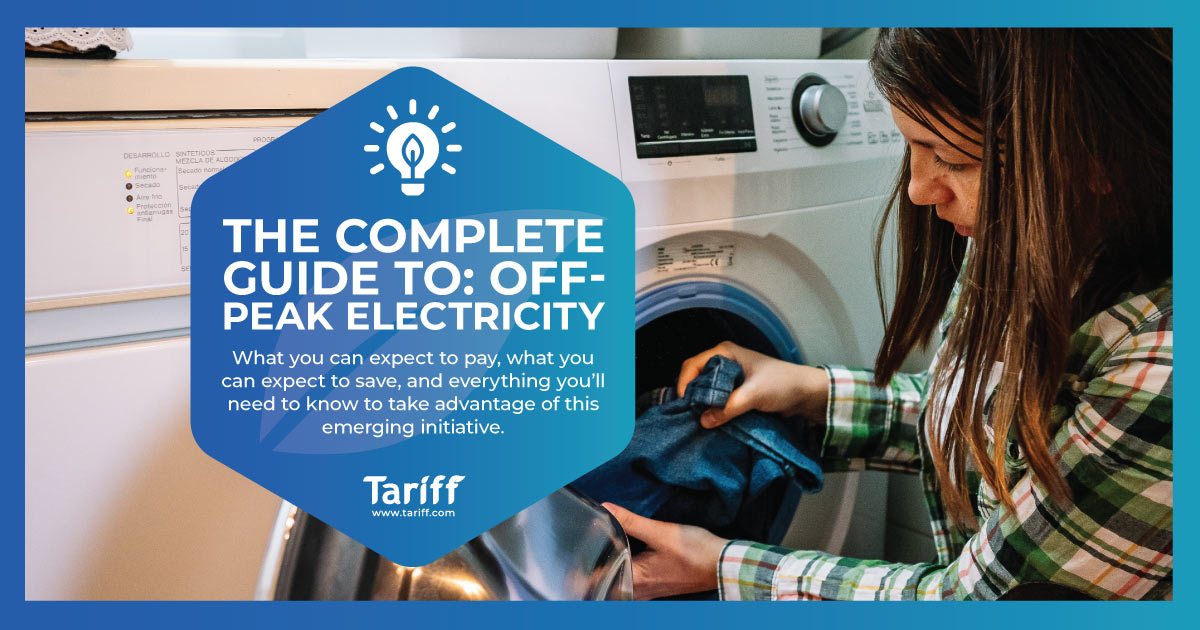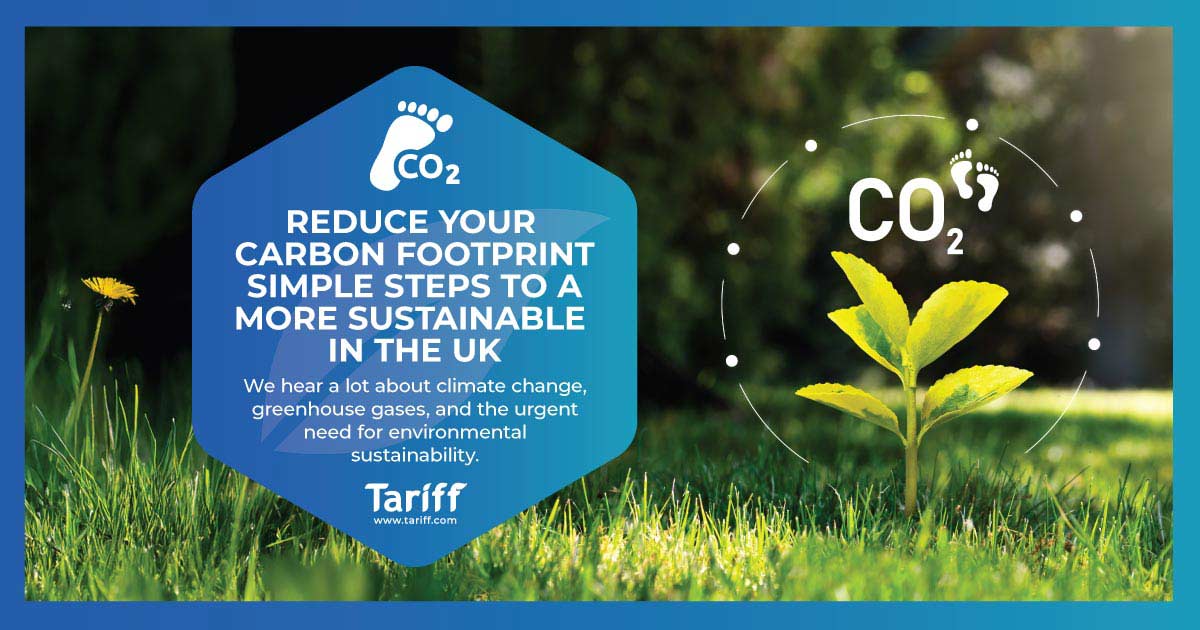How to Have an Eco-Friendly Christmas at Your Business
According to a 2022 survey, 92% of the UK population intended to engage in Christmas celebrations, making it one of the most popular holidays in the UK. Christmas traditions include wrapping and exchanging gifts, decorating trees with lights and baubles, wearing festive jumpers, and – of course- the annual office Christmas party.
Whilst Christmas is a time to spread joy amongst family, friends, and colleagues, it can be less positive for the environment. Recent data reveals that over 100 million bags of rubbish are sent to landfill each Christmas, which is approximately 3 million tonnes. Yet it’s not just increased waste that businesses should be conscious of this holiday season, as the UK emerges from a global energy crisis and embarks on a mission to reach net-zero carbon emissions by 2050. From increased cooking and heating to decorations and tree lights, your office energy use is likely to soar during the season. It’s important to be aware of this to keep your bills low and minimise your environmental damage.
As we indulge in the holiday festivities, it’s important to acknowledge the environmental impact and seek sustainable practices to mitigate the negative consequences on wildlife that our celebrations may cause. By increasing this awareness in your office and adopting eco-friendly measures, your business helps the planet in creating a more sustainable and environmentally responsible Christmas celebration.
As Christmas approaches, Tariff.com is sharing our 12 tips of Christmas to help businesses reduce waste, use less energy and do right by the planet – all whilst keeping the merriment and traditions of the festive season alive!
12 Eco Tips For A Sustainable Christmas Celebration
Regardless of how you’re celebrating Christmas at your office, we’ve got a tip to make your celebration more sustainable. This helps ensure your business does its bit for the planet this Christmas, whilst not taking away from your office festivities.
1. Get a Real Christmas Tree And Recycle It
At this time of the year, many businesses will be putting up decorations to bring some holiday cheer to the workplace. The crowning jewel of this is traditionally the Christmas tree. Yet, just a small plastic tree of 2 meters has a carbon footprint of around 40kg of CO2, meaning this small festive decoration can have huge environmental detriment. On the other hand, a similar sized, real tree creates over 10x less, with only 3.5 kg of CO2 emissions. As artificial Christmas trees are non-biodegradable, they do not naturally break down.
This means that the carbon footprint of a plastic tree is approximately 10x larger than a real Christmas tree (when it’s properly disposed of at the end of its life), meaning you’d have to use your plastic Christmas tree for at least 10 years to level out the environmental impact.
To minimise your carbon footprint and cut your costs, it’s best to utilise what supplies your business already has. So, if your business already has an artificial tree, it’s best to use it! If you don’t have a tree at all, a locally sourced, real tree is the most eco-friendly option.
Choosing what type of tree your office gets this Christmas isn’t the only consideration your office needs to make if you are planning on purchasing one. At the end of the holiday period, millions of Christmas trees will be disposed of. According to government figures, between six and eight million real Christmas trees are sold each year in the UK. If these are not recycled, they can end up costing approximately £22 million to end up in landfill. To minimise this, it is paramount that your business correctly disposes of your tree and ensures it is recycled.
There are several ways to recycle your Christmas tree, one of them being shredding it into chippings. This can be done at some recycling centres. These chippings can then be used in parks and woodlands. You can find out what you can recycle in your local area here.
You could also replant your tree, so you can experience it for many more years. Alternatively, your local council may have a special collection service, which you can check on the Recycle Now website.
2. Think About Alternative Christmas Cards
Exchanging cards is a great way to pass on holiday wishes to your friends and colleagues. As a nation, it’s safe to say that we love a good Christmas card- we send an estimated 8 billion Christmas cards per year. We should, however, be wary of the potential environmental impact of the cards we send.
Glittery accents, plastic embellishments, and the cellophane wrapper that many cards are packaged in can have a negative impact on the planet, introducing extra waste and microplastics into the environment.
Opting for more environmentally friendly options such as recycled paper, glitter-free and even seed paper cards (that you can plant in the ground) is a much better way of wishing someone a happy holiday.
Correct disposal of Christmas cards is also paramount to minimise environmental damage this Christmas. Most cards can be recycled in paper recycling. To find out how you can recycle paper and if you can recycle it at your local facility, enter your postcode on the Recycle Now locator.
3. Switch To LED Christmas Lights
Christmas lights can spread holiday cheer, lighting up those dark evenings and bringing a bit of extra glamour to your office space. Yet extra lights mean extra electricity, which could bump up your carbon footprint and your bill. This is especially true if you opt for incandescent bulbs, which waste a lot of energy- approximately 90% – on generating heat rather than light. This also means that they can get hot to the touch and potentially cause a fire, creating a potential hazard in your office space.
For a more environmentally friendly lighting option, it’s better to opt for LED lights. The Department of Energy recommends LED lightbulbs instead of traditional incandescent bulbs as a way to save money. On top of this, LEDs use up to 90% less energy and last up to 25x longer! This means that your business can light up your tree without worrying about a massive spike in your electricity bills, or a higher carbon footprint. This is something your office can implement across all your lighting fixtures, to maximise the energy efficiency of your office.
With Tariff, our LED lighting solutions are part of the Enhanced Capital Allowance Scheme, which gives your business the opportunity to offset a proportion of the cost. We’ll conduct a free Standard Lighting Survey, getting your office on the road for a reduced carbon footprint and greener energy journey.
4. Shop Mindfully For Presents
Whilst the holidays are a time for giving gifts, it’s safe to say that we can all go a bit overboard sometimes. This year, retail sales in the UK during the Christmas period are forecasted to amount to a whopping £84.9 billion! Unfortunately, it’s estimated that £42 million worth of Christmas presents are unwanted and end up being sent to landfill every year, proving costly to yourself and the planet.
Rather than panic buying presents for everyone in the office, think about more environmentally friendly ways of giving gifts this year. This could include sustainable gifts (for example, hand-crafted goods, baked treats, etc.) or engaging in a ‘Secret Santa’ with your office staff.
Another way you can avoid harming the environment with wasted gifts is by offering gift vouchers instead of physical gifts. This way, recipients choose their own gifts, which reduces waste and ensures your money is appreciated to purchase an item that is truly wanted or needed.
5. Opt For Second-Hand Christmas Clothes
Christmas jumpers are one of the funniest ways of getting into the Christmas spirit and office Christmas jumper days have grown massively in popularity over the last few years. Whilst getting a brand-new jumper this Christmas might be tempting, these fast-fashion pieces can have a negative environmental impact. Textile production contributes more to climate change than both the worldwide shipping and aviation industry combined, with the fashion industry also responsible for 10% of global annual carbon emissions.
In 2022, 12 million people were predicted to buy a new Christmas jumper, even though approximately 65 million Christmas jumpers are stored away from previous years. Re-using your old jumper, swapping with a friend, or even buying one second-hand is much more eco-friendly and doesn’t contribute to the harmful habits of the fast fashion industry. For a more eco-conscious office Christmas, encourage colleagues to swap jumpers or re-wear what they already have.
6. Take Public Transport To Your Office Party
Our next tip involves a time-honoured tradition, the office Christmas party! Whether you’re going out to a meal, staying in the office for drinks, or heading into town, we’ve got a simple tip for reducing your carbon footprint. An easy way to make your office party more eco-friendly is by taking public transport or joint taxis to your party venue. Leaving your car at home also means you can have a drink and won’t have to trudge back to the office the next day to pick it up.
The average CO2 emissions emitted from a bus, train, or shared car is far lower than driving solo to your party:
- Petrol car: 192g of CO2 per kilometre
- Diesel car: 171g of CO2 per kilometre
- Bus: 105g of CO2 per kilometre
- Train: 41g of CO2 per kilometre
- Shared car lift in a petrol car: 96g of CO2 per kilometre
Thinking about how you get to your office party this Christmas could help you to lower your company’s carbon footprint, and help you get closer to the 2050 net-zero emissions goal.
7. Think About Your Present Wrapping
Unwrapping a Christmas gift is part of the festive fun of and helps make giving and receiving presents extra special. No matter how old we are, tearing into wrapping paper always brings back that childish joy. Sadly, some wrapping paper isn’t the best for the environment. In a similar strand to Christmas cards, the added extras of glitter or gloss can make wrapping paper unrecyclable and contribute to the planet’s plastic problem, ending up in landfill sites and harming the planet’s wildlife.
Approximately 227,000 miles of Christmas wrapping paper is thrown away every year, with around 50,000 trees chopped down each year to create this annually. As well as wrapping paper, the sticky tape we use to wrap presents is usually not recyclable either.
That doesn’t mean you have to do away with wrapping paper altogether though. You can always look for eco alternatives. Avoid the glittery, metallic and plasticky looking wrapping paper and choose plain or recycled paper instead, which you can then recycle again.
Alternatively, you can get creative with your office gift wrapping and opt for a fabric, or a reusable gift box that your recipient can pass on or use themselves.
8. Remember Your Reusable Bag For Office Gift Giving
It’s predicted that total retail spending in the UK will rise to almost £110bn in the final three months of 2023, highlighting the scope of the shopping frenzy that occurs as Christmas draws near. The rise in shopping also results in the sale of plastic bags to carry our purchases. Although UK law states that all retailers must charge at least 10p for each single-use carrier bag, almost 114,000 tons of Christmas plastic packaging still goes to landfill each year.
It takes plastic bags 20 years to decompose– that’s a long time for something that we only use to carry our shopping from the shop back home or to the office! Reminding staff to bring your reusable bags with your when you go Christmas shopping can help avoid producing more unnecessary waste, as well as save you money on buying plastic bags. If you do have to purchase a plastic bag, make sure to reuse it.
9. Go Plastic-Free For Your Office Decorations
It’s not just plastic bags that can add to your office’s plastic pollution this Christmas. Office decorations are often made from bits of plastic, such as baubles and ornaments. Tinsel is often made from bits of plastic too, again ending up in landfill or the ocean. The type of plastic tinsel is made from is PVC, Polyvinyl Chloride, labelled by Greenpeace as the “poison plastic”. This is because large amounts of dioxin are produced during PVC production, which can cause reproductive and developmental problems, as well as cause cancer.
For an eco-friendly office Christmas, avoid purchasing tinsel and other plastic decorations for your office. This doesn’t mean you have to skip decorating your office space! There are plenty of other ways to decorate your office, for example, with dried oranges, paper chains, or fabric alternatives. All of these can be made easily at home or in the office, so you can still deck your office halls, whilst remaining eco-conscious.
10. Consider Your Office Energy Consumption
As your office prepares for Christmas, you’ll inevitably be using more energy for your Christmas lights, office party, or higher heating to combat the winter weather. In a previous article, we explored Energy Saving Tips For Businesses Over Winter, which includes simple ways to cut your costs and carbon footprint over the Christmas season.
By implementing some of these simple swaps, such as switching to LED lighting, you can improve your office energy efficiency. Not only does this help cut your costs, but helps to reduce your carbon footprint. This is extra important over the festive period, when the additional decorations and appliances in your office increase your energy consumption by an average of 30%.
11. Have A Vegetarian Christmas Dinner
According to the UN, the combined climate change emissions of animals bred for their meat accounts for about 18% of the global total, which is more than cars, planes and all other forms of transport put together. Eating less meat lowers the demand for livestock farming, which then decreases the amount of greenhouse gases produced.
Going vegetarian also helps restore the natural balance of oceans and rivers. Concerningly, nearly 90% of global marine fish stocks are now fully exploited or overfished, presenting huge problems for aquatic ecosystems. Making an active choice to not consume meat or fish products lowers demand, allowing for more sustainable fishing practices.
What’s more, your staff may be more on board with a vegetarian Christmas meal than you’d expect, with nearly ¾ of people in the UK believing that eating sustainably is important. There are a range of plant-based options available in supermarkets and restaurants, making this an easy switch for your office Christmas dinner.
12. Shop Locally
Whether you’re buying a tree, turkey, or gifts, we recommend that you buy from local producers, craftspeople or shops. Driving less means less gas emissions produced by your car, resulting in less air pollution. Although online retailers can be convenient in delivering goods to your door for a few extra pounds, it proves costly for the environment due to the increase in carbon emissions.
Shopping with local producers will ultimately reduce the carbon footprint of your Christmas, as well as bring the added benefits of supporting local businesses, communities, and people! So, no matter how your business plans on celebrating the holidays this year, encouraging your staff to support local businesses is a clear way to spread Christmas cheer, whilst being eco-conscious.
Have An Eco-Conscious Christmas With Tariff
At Tariff, our mission is to empower businesses to take decisive action against climate change. We advocate for the adoption of green tariffs and, with our reputable providers, help to find the best energy deal for your business.
As an energy switching service, our experts will help your business achieve energy efficiency and cost savings with our 5-step strategy. By guiding you towards greener energy choices, we help your business to make steps so that you can meet the 2050 net-zero emissions target. Whether your goal is to achieve net-zero status or simply reduce energy consumption, Tariff is dedicated to supporting you throughout the process.
The best gift your business can give to the planet this Christmas is lower carbon emissions. At Tariff, we know that running a business isn’t easy, which is why our team of professionals is here to help with your energy in multiple areas, including:
- Business Water, Gas And Electricity
- Business Energy
- Heating Solutions
- Hydropower
- LED Lighting
- Solar Panels
For our full list of business utilities, see the top of this page. Our team of experts can provide guidance on what solutions are best for your business. If you have any questions or queries, or you’d like to receive a free, no-obligation quote, contact us today!




